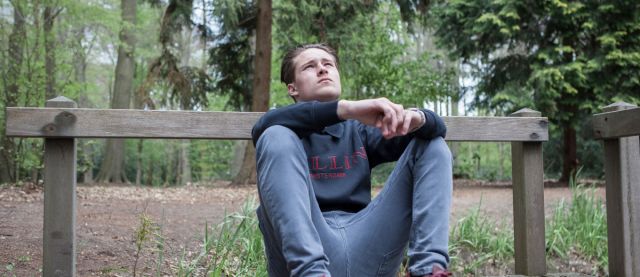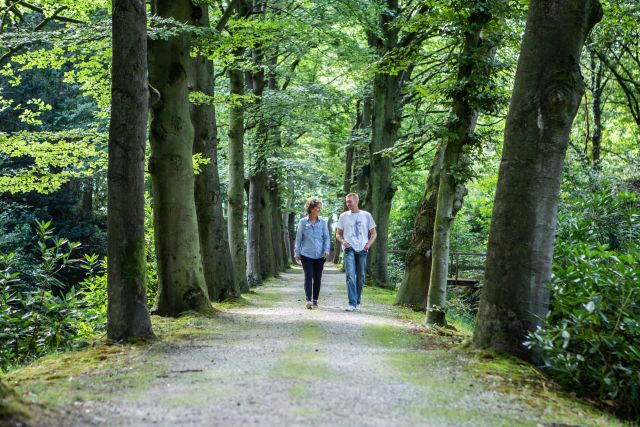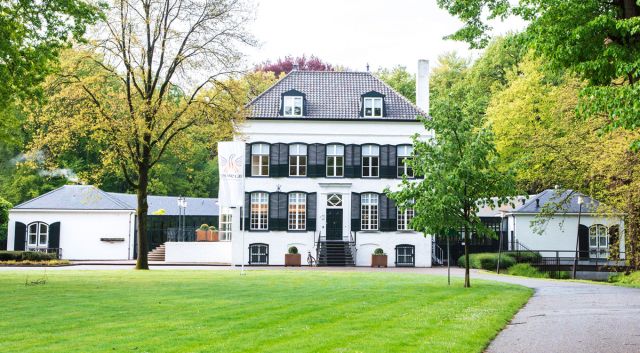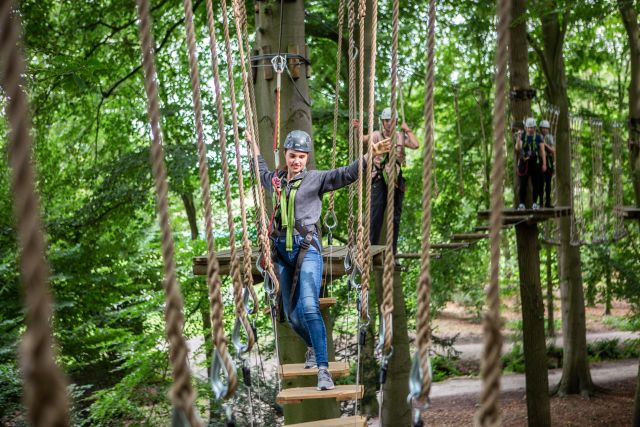What constitutes drug addiction?
Drug addiction occurs when a person is mentally and/or physically dependent on drugs; their life revolves around acquiring and using them, and any attempt to cut down or quit fails. This applies to any substance, including cannabis, cocaine, speed (amphetamine), XTC, magic mushrooms, LSD, GHB, or heroin.
Here is content inserted from a social media network. To view this content, we need your consent for marketing cookies.
Click here to change your consent.
Drug addiction and young people
Young people are especially vulnerable to the effects of drugs. This relates to brain development. In young people, the brain is still growing. Frequently being under the influence to suppress certain feelings can also hinder personal and social development.
Young people who are addicted to drugs have often had bad experiences, for example, traumatic experiences, such as bullying, exclusion, assault and abuse. The effect of the drugs may stimulate, numb, or alter the addict’s consciousness (some drugs have a mixed effect), which results in them being able to escape from their problems for a while.
Young people are often aware of the risks that drugs present. They would like to quit taking drugs, but, in the end, they are not able to reduce or stop taking them. In such cases, intensive treatment in a clinic can offer a solution. At Yes We Can Youth Clinics, our multidisciplinary treatment team provides 24/7 addiction support in a safe, positive environment.
We see that drug addiction often goes hand in hand with other problems, such as depression or anxiety disorders. We specialise in dealing with these multiple problems. Our mission is to offer young people a new perspective, with the motto, ‘Yes we can’ - ‘Yes, we can change’. Partly due to the group’s dynamics, young people are given the strength and will to change.
Common addictions
We treat many different addictions. Many of our employees are experts by experience and have been actively addicted themselves. That is why they can connect with the fellow in a unique way. Common addictions that we treat are:
Characteristics and symptoms of drug addiction
The characteristics of a drug addiction vary widely and depend in part on the type of drugs a person uses. Young people who use marijuana are often slow, forgetful, giggly and have heavy arms and legs. Young people who use XTC, speed or cocaine are at first energetic and talkative and a few days later, they are sombre, exhausted and irritated.
Drug use causes reduced judgment, mental confusion and sleeping problems. In addition, many drugs enhance the state of mind. For example, dissatisfaction can turn into depression, and fear can turn into panic. Feeling sick, nausea, and vomiting are also common.
In the longer term, habituation and dependence occur. When not using drugs, withdrawal symptoms appear, such as sweating, fever, insomnia, gloominess and flashbacks.




